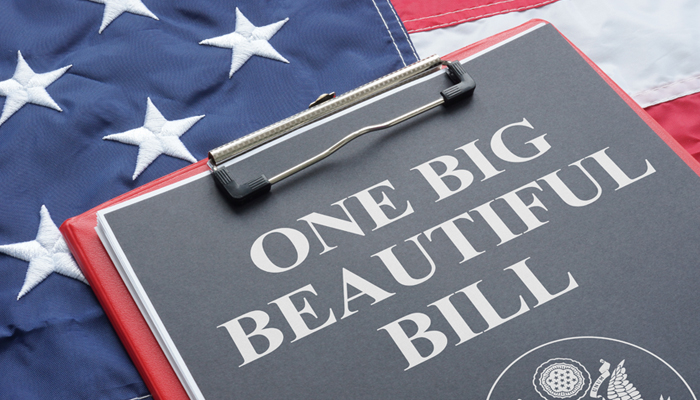
Why We Like to Think of Ourselves as Upper Middle Class
There's no question that being perceived as poor is something to be avoided in our society. People are willing to spend more than they can afford on designer clothes, the latest phone, and a nice car to create the appearance of doing well.
Not only does a below-average income put financial stress on an individual, but they must also bear the social stigma. People assume that if you're not making as much as someone else, you must not be working as hard as you can. On the other hand, we don't want to be seen as too wealthy.
Rachel Sherman, an associate professor of sociology at the New School and the author of “Uneasy Street: The Anxieties of Affluence,” interviewed fifty of New York's wealthy. These were people who had tens of millions in net worth and made hundreds of thousands per year in income. Yet, despite the inarguable metrics that put them in the top 1%, none of them liked to think of themselves as being rich.
Sherman describes how she used the word "affluent" when contacting one of her interviewees. This woman with a $2.5 million household income, a house in the Hamptons and a child in private school, felt that the term didn't apply to her. "Real affluence," she said, "belonged to her friends who traveled on a private plane."1
On the other hand, when it comes to comparing our financial status with others, there's what psychologists term the above-average-effect. Whether it's estimating IQ, health, memory, relationships and even happiness, people consistently rate themselves as better than others. For example, 93 percent of people think their driving abilities are better than average—a statistical impossibility.2
This urge to be seen as above average but not rich, causes many people to describe themselves as upper middle class. In fact, when comparing themselves to others it's the preferred term to use.3
However, comparisons of financial status are often meaningless. You may make twice the average income yet live in an area where living expenses are so high, you always feel strapped. Another reason to avoid indulging in these kinds of comparisons is that it can lead to unhealthy spending in an effort to keep up with the Joneses. And even worse, make you ungrateful for what you do have.
If you can avoid buying things just to appear better off, and you can stick to your retirement saving plan, then you really will be doing better than average.
1. http://go.pardot.com/e/91522/at-the-rich-wont-tell-you-html/93dhz4/1977358422?h=BmtsNxO6QVtjAm41BEapU8Aqq7dspCgq0GKm0Tq0858
2. http://go.pardot.com/e/91522/23-01-above-average-effect-php/93dhz7/1977358422?h=BmtsNxO6QVtjAm41BEapU8Aqq7dspCgq0GKm0Tq0858
3. http://go.pardot.com/e/91522/ont-think-they-are-rich-2019-8/93dhzb/1977358422?h=BmtsNxO6QVtjAm41BEapU8Aqq7dspCgq0GKm0Tq0858

Related articles

If you're a little confused about the difference between a 401(k) and an IRA, you're not alone. Most people know that they're both designed to help you save for retirement and, at work, they...

You’ve likely seen the headlines about the “One Big Beautiful Bill” (OBBB) signed into law on July 4, 2025. It’s a sweeping piece of legislation that expands many of the 2017 tax cuts. It also...

As a savvy investor you know that one of the keys to long-term success is avoiding unnecessary costs. You know to steer clear of tax penalties, excessive transaction costs, and even opportunity...